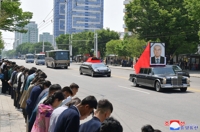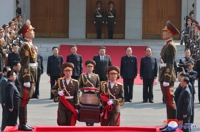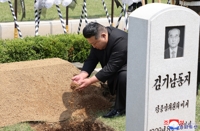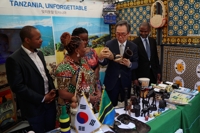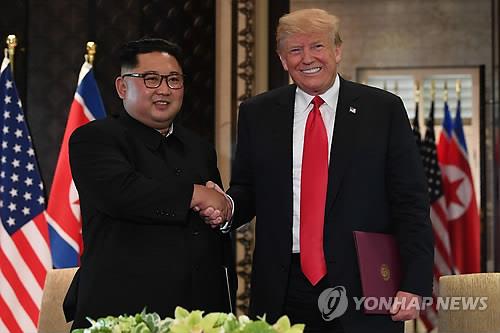Next gov't role is important in avoiding conflict on Korean peninsula: experts
By Choi Kyong-ae
SEOUL, April 24 (Yonhap) -- It will be very important for South Korea's new government to tighten its alliance with the United States to avoid any military conflict breaking out on the Korean Peninsula, local experts said Monday.
In a seminar hosted by the Federation of Korean Industries (FKI) to discuss risks posed by North Korea's evolving nuclear and long-range missile threat, security experts said the U.S., if provoked sufficiently, could move to knock out key military and other strategic facilities in the reclusive country.
"U.S. military attacks on North Korea depend on South Korea's attitude toward the alliance and the level of Pyongyang's provocations," Lee Choon-geun, a senior analyst at the Korea Institute for Maritime Strategy, said in the seminar.
North Korea has escalated tensions on the Korean Peninsula by conducting two nuclear tests and more than 20 missile tests last year.
Despite such capabilities, many in Seoul want to avoid resolving the current standoff with the use of force, because of fear it can potentially lead to a military clash.
They said to prevent Washington from striking the North, South Korea needs to show it is firmly committed to the alliance and the goal of denuclearization.
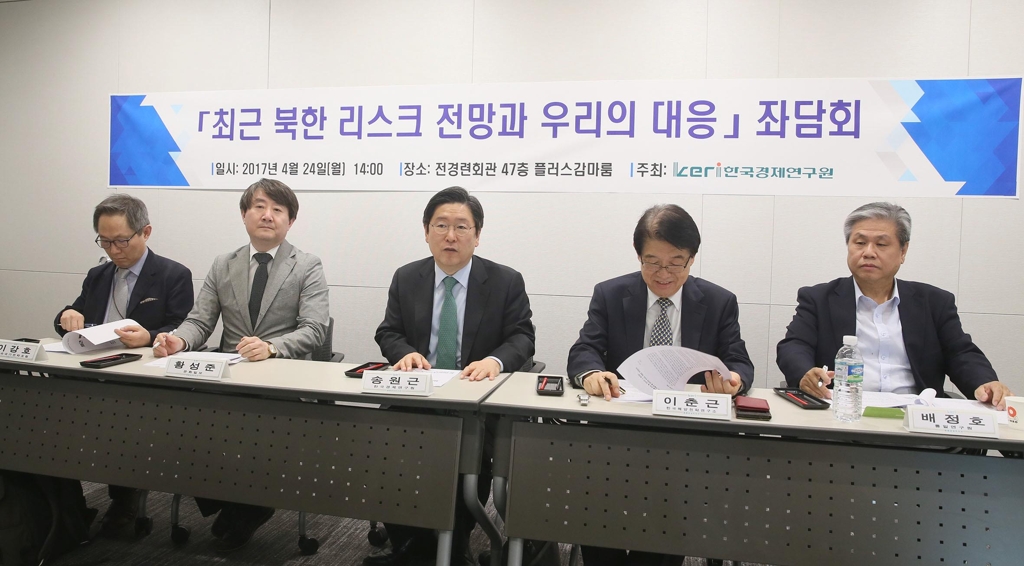
In this photo taken on April 24, 2017, and provided by the Federation of Korean Industries, security experts discuss risks posed by North Korea and countermeasures in a seminar held in Seoul. (Yonhap)
Echoing the need to maintain calm, Song Won-geun, vice president of the Korea Economic Research Institute (KERI), a think tank under the South Korean business lobby FKI, to avoid any unintended military conflict between Washington and Pyongyang, the next government will need to pay close attention to ties with Washington.
"Close ties with the U.S. should take precedence over all else," he claimed.
South Korea, meanwhile, faces tough times ahead since it agreed last July with the U.S. to install the Terminal High Altitude Area Defense (THAAD) system here by the end of 2017 to counter threats from Pyongyang.
Its biggest trading partner China has explicitly opposed the anti-missile system's installation, arguing it could be used against it.
Last month, Beijing banned the sales of group travel packages to South Korea as part of its retaliation against the allies' ongoing process to complete the installation within this year. Local campaigns against South Korean products in China also put a dent on South Korean businesses last month.
Still, experts here said the North won't likely cross the Trump government's "implicit red line" that could trigger a decisive action by the U.S. military.
kyongae.choi@yna.co.kr
(END)
-
 BTS' RM to prerelease 'Come Back to Me,' music video directed by Lee Jung-jin of 'Beef'
BTS' RM to prerelease 'Come Back to Me,' music video directed by Lee Jung-jin of 'Beef' -
 (Yonhap Interview) Kang Kang-hoon's portrait saga: life seen through his daughter, cotton
(Yonhap Interview) Kang Kang-hoon's portrait saga: life seen through his daughter, cotton -
 Disney+ 'Uncle Samsik' aims to provoke thought with ambitious characters in turbulent times
Disney+ 'Uncle Samsik' aims to provoke thought with ambitious characters in turbulent times -
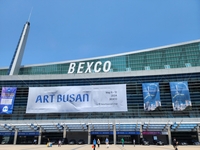 Sneak peek of Art Busan shows strong emphasis on female trailblazers
Sneak peek of Art Busan shows strong emphasis on female trailblazers -
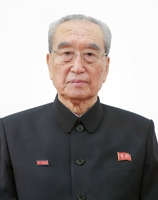 N. Korea's ex-propaganda chief Kim Ki-nam dies at 94: KCNA
N. Korea's ex-propaganda chief Kim Ki-nam dies at 94: KCNA
-
 BTS' RM to prerelease 'Come Back to Me,' music video directed by Lee Jung-jin of 'Beef'
BTS' RM to prerelease 'Come Back to Me,' music video directed by Lee Jung-jin of 'Beef' -
 (Yonhap Interview) Kang Kang-hoon's portrait saga: life seen through his daughter, cotton
(Yonhap Interview) Kang Kang-hoon's portrait saga: life seen through his daughter, cotton -
 Disney+ 'Uncle Samsik' aims to provoke thought with ambitious characters in turbulent times
Disney+ 'Uncle Samsik' aims to provoke thought with ambitious characters in turbulent times -
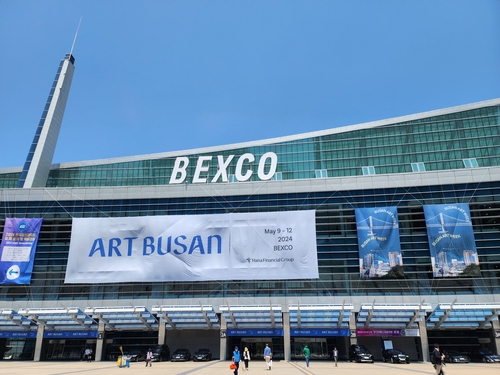 Sneak peek of Art Busan shows strong emphasis on female trailblazers
Sneak peek of Art Busan shows strong emphasis on female trailblazers -
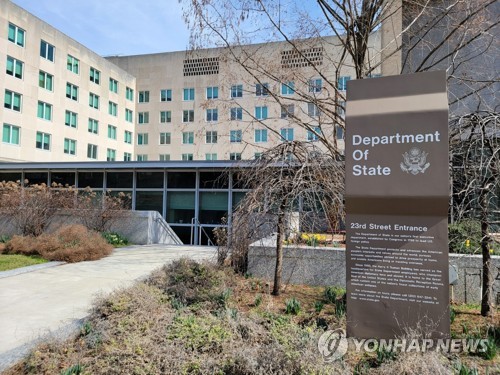 (Yonhap Interview) U.S. will do 'all' it can to back S. Korea in case of China's economic coercion: official
(Yonhap Interview) U.S. will do 'all' it can to back S. Korea in case of China's economic coercion: official
-
 S. Korean ministry voices regret over Japan's 'pressure' over Line messenger
S. Korean ministry voices regret over Japan's 'pressure' over Line messenger -
 ADOR's shareholders to meet May 31 to discuss CEO replacement
ADOR's shareholders to meet May 31 to discuss CEO replacement -
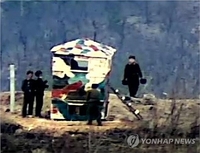 S. Korea considering deployment of commandos for DMZ security operations
S. Korea considering deployment of commandos for DMZ security operations -
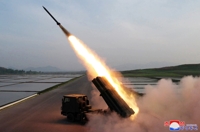 N. Korea says to deploy new multiple rocket launcher starting this year
N. Korea says to deploy new multiple rocket launcher starting this year -
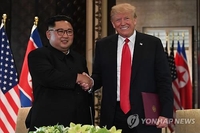 (2nd LD) U.S. 'deliberately' excluded Moon from 2018 Trump-Kim summit under 'America first' policy: ex-official
(2nd LD) U.S. 'deliberately' excluded Moon from 2018 Trump-Kim summit under 'America first' policy: ex-official















